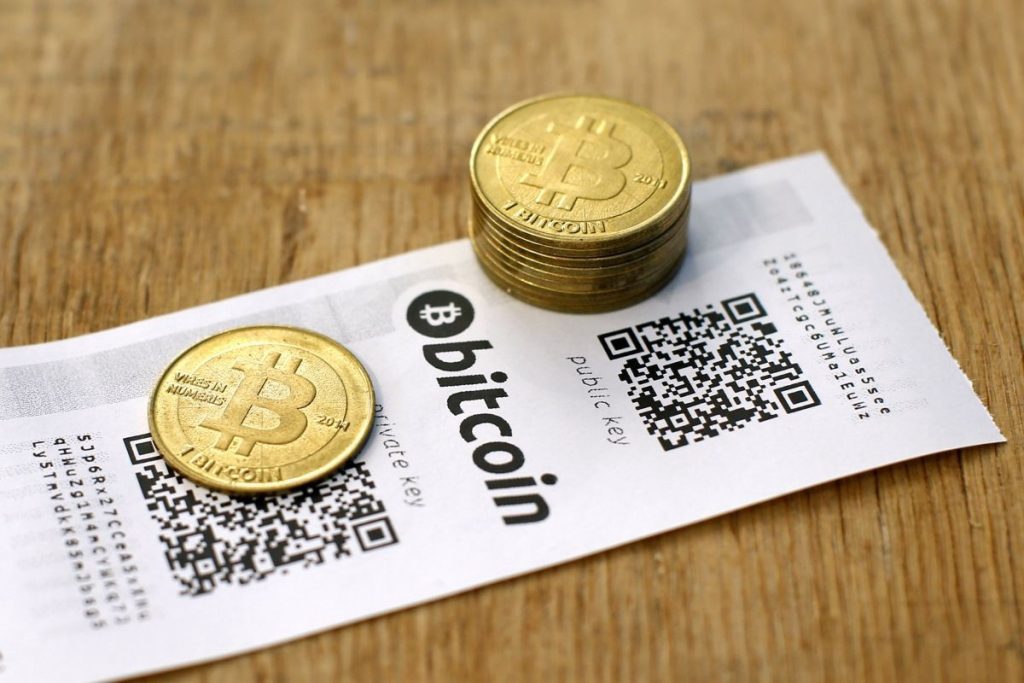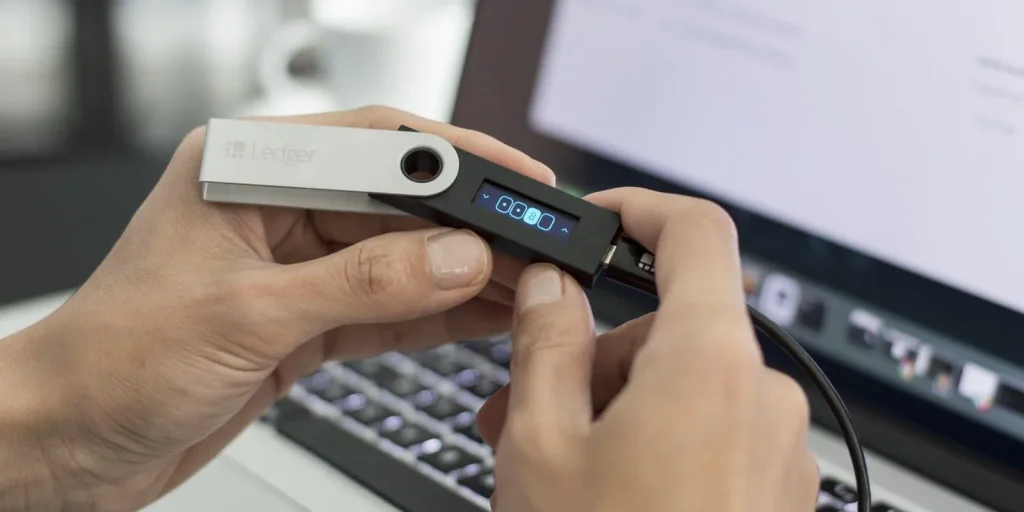
Money is a collective delusion. It is established as a medium of exchange through the reiteration of its value by more tangible entities like the government or, in the case of cryptocurrencies, the Internet technology. Despite some great courses and blogs online that might teach you the trade aspects of cryptocurrency and even ways to create one of your own, what remains the most crucial question as a human is how to store the yields of this delusion. Don’t worry; we got you covered. This article gives a step-by-step analysis and examples of the wide range of technologies available in the market today that allow you to store your cryptocurrency with varying levels of security.
Table of Contents
Understanding the two concepts of Crypto Storage
All ways of crypto storage can be broadly classified into two ways – hot storage and cold storage. In the practical sense, individuals and companies use a mixture of both for their crypto-storage needs.
Hot storage is data that needs to be accessed right away. It can be explained as the RAM equivalent of computer memory in the RAM-ROM dichotomy for beginners. If you opt for it to store your cryptocurrency, it means your data is stored in online encrypted servers. A private key is generated for easy access to your coins. Coins in hot storage are also relatively more ‘liquid’ than in cold storage. Although more convenient, hot storage is somewhat less secure and vulnerable to technical malfunction and hacker invasion.
Cold Storage is offline cryptocurrency storage. It is sold in many forms, including device storage, paper storage and smartphone storage, all of which we will explore in this article. Cold storage is much more secure than hot storage, as the user has almost exclusive access to the private key of his wallet. However, it puts a lot of responsibility on the user to back up his data in a sustainable way, as the loss of access to the private key means that you permanently lose access to all your bitcoins.
1. Exchange wallets

Source: medium.com
The quickest and most convenient way to store your cryptocurrency is on the wallets hosted by exchange platforms such as Binance, Jaxx and Infinito. The best thing about them is that they are compatible with a wide range of cryptocurrencies in the market. Secondly, you don’t have to pay anything extra for them, as you get most of them by default with your exchange platform account.
They are the most practical solution for anyone not looking to invest considerable amounts in the crypto market and only looking to experiment with them safely. Services like https://bitcoin-code.app/ make your work easier by guiding you through the tedious task of Bitcoin trading. Exchange wallets mainly come under hot storage, though most have a company policy to cold store all your data in an external database to protect it from hackers.
2. Paper wallets

Source: medium.com
Paper wallets are an inexpensive form of cold storage. They allow you to store your private key on a paper print-out that can be later laminated. They are very easy to operate. All you have to do is log in to a paper wallet generator website such as BitAddress, generate a random private key and print it as a Paper Wallet. Another famous paper wallet tool is Bitcoin.com, which is even more secure as it allows you to print and generate a private key to which only you will have access.
3. Device wallets (also called Hardware wallets)

Source: inventiva.co.in
These are the most stylish, expensive and secure alternatives for cryptocurrency storage. The most popular ones are Ledger (Nano S and X) and Trezor. Other promising brands in the market include SafePal S1, Opolo and Ellipal Titan. These devices look like the typical USB Storage Devices that you can carry in your pocket. They also provide safe and technologically viable backup options in case of loss of the device. They should and will be the first preference for anyone looking to trade a large volume of a cryptocurrency. An average crypto cold storage device ranges from $60 to $300, depending on the brand, encryption features and other factors.
4. Software/ Smartphone wallets

Source: venmo33.rssing.com
Software wallets are entirely controlled and owned by you. They give you immense autonomy over your private key, but on the flip side, your bitcoin reserves might become irretrievable if you lose the private key. The best examples of software wallets in the market are Atomic, Armory, Jaxx and Copay.
Mycelium and Jaxx are available as smartphone wallet versions. They are very convenient and hands-on and as accessible as exchange wallets. Their local backups (availability of this feature depends from case to case) give you the security of a device wallet without the price limitations.
Other important security know-hows
Some essential rules should inform your behavior within the crypto-security space, regardless of which of the above-listed methods and tools you use to store your Bitcoins.
- Update the software and apps that you are using to store your cryptocurrency regularly. It protects you from any loophole in its technical apparatus that hackers might misuse. New updates come with better-informed security measures.
- Regular backups ensure that your data is not permanently lost, especially in the case of wallets that don’t have backup mechanisms of their own to increase your autonomy. Save all wallet.dat files in secure locations such as a USB or External Hard Drive now and then.
- Multiple signatures are a new concept adopted by various blockchain administrators to protect a crypto network from invaders. It requires a transaction to be approved by 3 to 5 people before processing, limiting the possibility of theft.
- Stay aware of the new developments in cryptocurrency-related technologies and use reputed exchange and wallet platforms only. Refrain from posting your crypto reserves on social media platforms like Reddit or Twitter.
To conclude, various tools and wallets that ensure a safe crypto-trading and storage experience are available in the market for you to choose from. Just remember to practice basic crypto-ethics to protect your investments, and you’re good to go!







